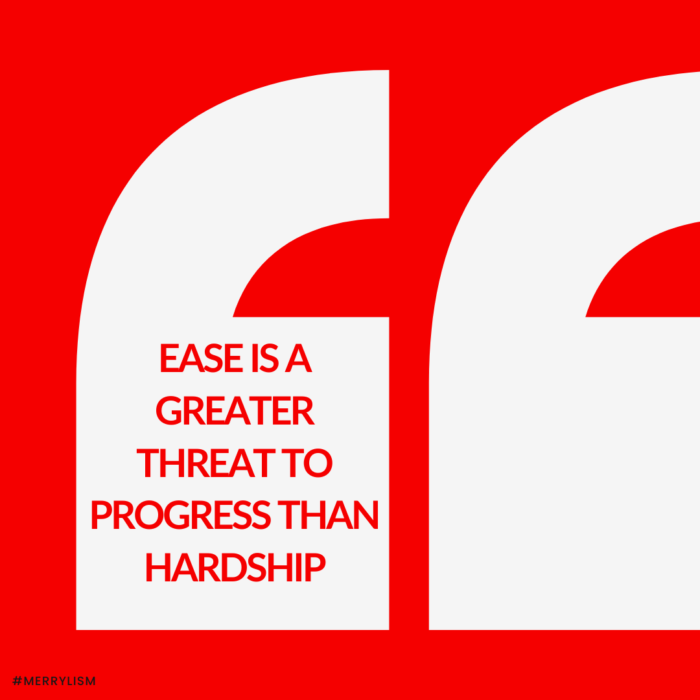As the holiday season approaches, it’s crucial to remember that this time can be particularly challenging for veterans and military personnel. Merryl Tengesdal, in her book “Shatter the Sky,” sheds light on the often-overlooked physiological and psychological impacts that military service, especially in demanding roles like that of a U-2 pilot, can have on veterans.
Tengesdal’s experiences as a U-2 pilot highlight the extreme stress placed on the body and mind during high-altitude flights. The cabin pressure equivalent to the altitude of Mount Everest, exposure to harmful radiation, and risks of decompression sickness are just a few examples of the physical challenges faced. These conditions can lead to serious health issues, including brain lesions, which Tengesdal herself experienced. These physical health challenges are often accompanied by cognitive and psychological effects, ranging from memory loss and impaired cognitive ability to more severe conditions like permanent brain damage.
Her account underscores the importance of conducting welfare checks on veterans, especially during the holiday season. The military culture of stoicism often leads service members to “suck it up” and not openly discuss their struggles. This behavior can mask underlying issues that need attention. Tengesdal’s call for welfare checks is a reminder that even the strongest among us can face hidden battles.
For those who work with veterans or have them in their social circles, it’s vital to reach out and offer support. A simple “how are you doing?” can go a long way. It’s also important to encourage open communication and provide a safe space for veterans to share their experiences and struggles. If you’re a veteran feeling overwhelmed, Tengesdal’s message is clear: it’s okay to not be okay, and reaching out for help is a sign of strength, not weakness.
In her book, Tengesdal also touches on the challenges she faced in getting her health issues recognized and addressed by the military system. This highlights the broader issue of ensuring that veterans receive the care and support they need, both during and after their service. The military’s efforts to improve conditions, like reducing cabin altitude in the U-2, show progress, but there’s still much work to be done in understanding and mitigating the long-term effects of such demanding service.
In conclusion, Merryl Tengesdal’s experiences as detailed in “Shatter the Sky” serve as a powerful reminder of the physical and psychological toll that military service can take on individuals. As we enter the holiday season, let’s remember to check in on our veterans, offer our support, and advocate for the care and recognition they deserve. Their service may have ended, but our responsibility to support them continues.





